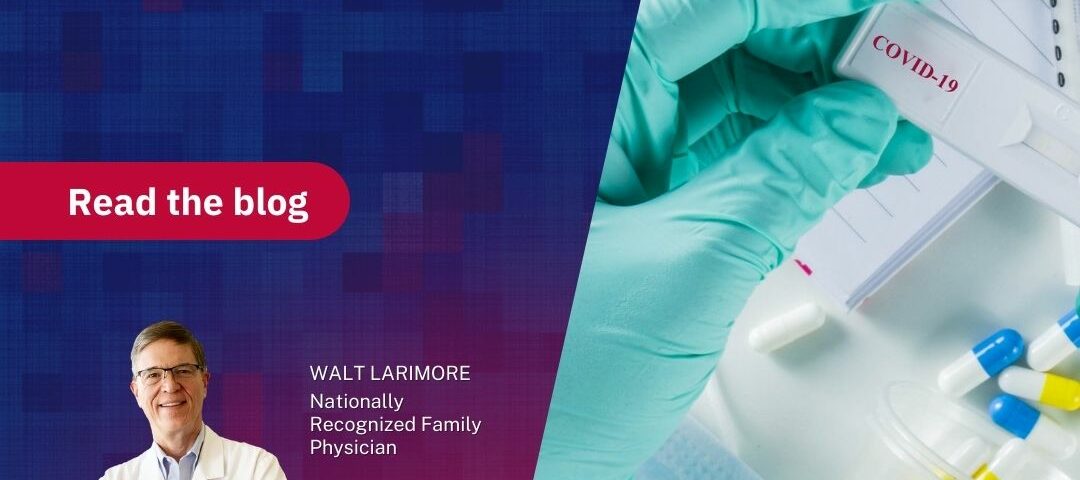Cardiovascular disease more likely in COVID survivors

Ultra-processed foods increase risk for a second and fatal heart attack or stroke
February 24, 2022
My WWII Book, “At First Light,” gathering more amazing endorsements
February 26, 2022Although most people with COVID-19 get better within weeks of illness, some people experience post-COVID conditions that can be long-lasting. Now we can add the concern about an increased risk of cardiovascular disease (CVD) no matter how mild the COVID.
A study from Washington University in St. Louis found that heart failure, coronary disease, and other cardiovascular problems appear to be more likely in COVID-19 survivors than in the general public.
The researchers gathered data from over five million people for the massive study. There were two “shockers” for me in the study. The risks were evident:
- No matter how mild the infection was, and
- Even in people without any cardiovascular disease before exposure to COVID.
The latter finding provides evidence that these risks might manifest even in people at low risk of cardiovascular disease.
Data was gathered from the Department of Veterans Affairs (VA) and included COVID patients and people who did not record an infection at any point. Over 153,000 people who tested positive for COVID at a VA facility were included in the study, along with five million people who received treatment for another condition during the pandemic and never recorded an infection.
“Our results provide evidence that the risk and 1-year burden of cardiovascular disease in survivors of acute COVID-19 are substantial,” researchers told the Daily Mail in London.
Fortunately, the absolute risks were very low, but they were not zero.
On average, there are ~12 more cases of heart failure and ~11 cases per every 100,000 people among COVID survivors as there are in the general population. Other conditions where COVID survivors were at a severe risk include acute coronary disease (~5 more cases per 100,000), pulmonary embolism (~5 more cases per 100,000), and suffering a stroke (~4 more cases per 100,000).
Although the absolute risk is low, the researchers warn:
Given the large and growing number of people with COVID-19 (more than 72 million people in the United States, more than 16 million people in the United Kingdom and more than 355 million people globally), the risks and 12-month burdens of cardiovascular diseases reported here might translate into a large number of potentially affected people around the world.’
Governments and health systems around the world should be prepared to deal with the likely significant contribution of the COVID-19 pandemic to a rise in the burden of cardiovascular diseases.
Because of the chronic nature of these conditions, they will likely have long-lasting consequences for patients and health systems and also have broad implications on economic productivity and life expectancy.
Obviously, the best way to prevent long-COVID or post-COVID conditions is to prevent COVID illness in the first place. For people who are eligible, getting vaccinated and boosted against COVID-19 as soon as you can is the best way to prevent getting COVID and to also help protect those around you.
The findings were published in Nature.
This blog was accurate as of the day of posting. However, as the COVID-19 pandemic rapidly evolves and the scientific community’s understanding of the novel coronavirus and the COVID vaccine develops, the information above may have changed since it was last updated. While I aim to keep all of my blogs on COVID and the COVID vaccine up to date, please visit online resources provided by the CDC, WHO, and your local public health department to stay informed on the latest news.
© Copyright WLL, INC. 2022. This blog provides a wide variety of general health information only and is not intended to be a substitute for professional medical advice, diagnosis, or treatment from your regular physician. If you are concerned about your health, take what you learn from this blog and meet with your personal doctor to discuss your concerns.



